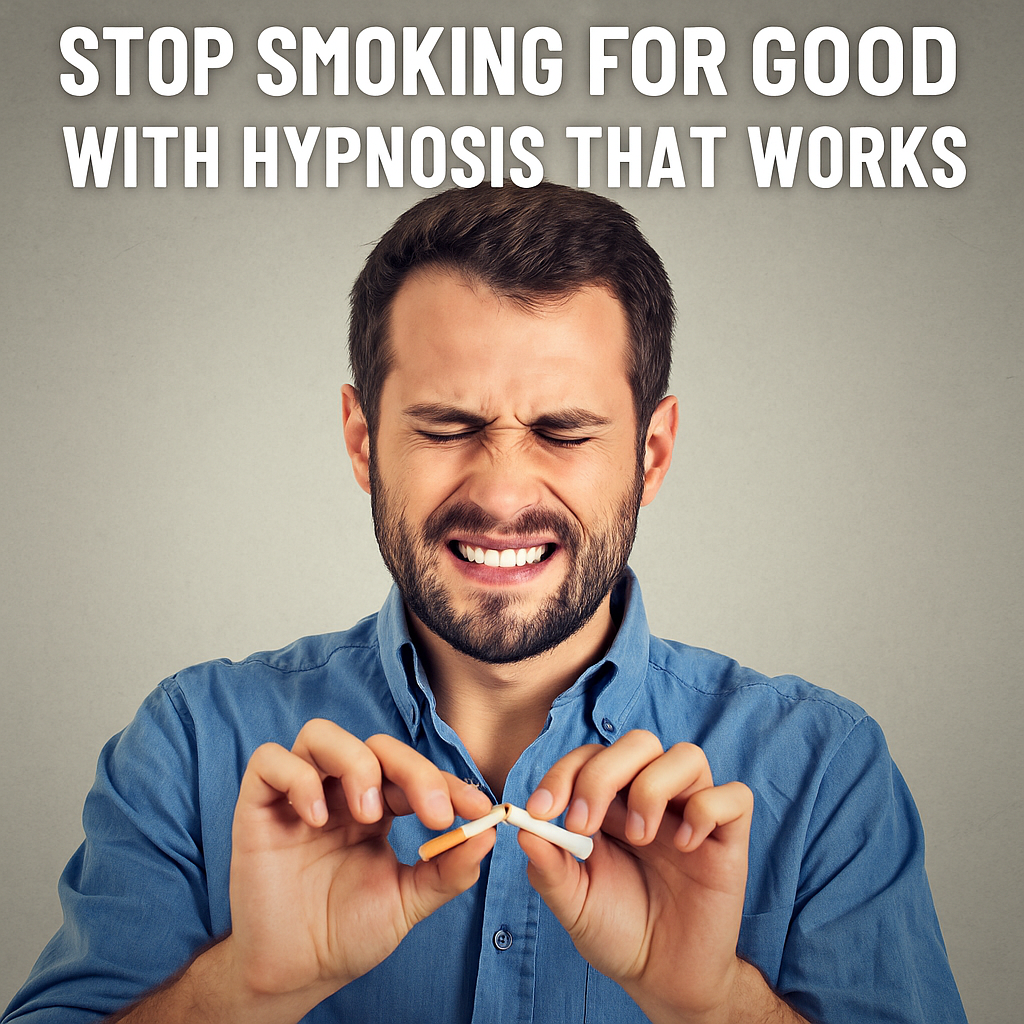How To Free Yourself From Frustration!
Use the following 4 Mottos to increase confidence, resiliency, and happiness regardless of the situations you may face.
1. Learn From Any Situation
One of my favorite things to teach is that “there is no failure, only feedback!” Have you ever been driving in a car and gotten lost? How did you handle that situation? Did you drive the car into a park and exclaim, “Well, I guess I have to live here now!” No, of course not. You simply discovered that the choice you made did not take you to your destination (feedback), so you turned around and made another choice. Perhaps (if you’re female!) you even stopped and asked for directions. Because you continued to focus on getting to where you were going, you eventually got there!
Life is a school, and problems are the lessons. If you can learn from everything, you will always succeed. The only way you can possibly fail is to quit! But quitters don’t read books like the one you’re now reading, so I know this isn’t you!
When life throws you lemons, what do you make? Lemonade. Can you make that lemonade without the lemons? Absolutely not. Therefore, when you see a lemon coming at you, I want you to think, juice! Ask yourself, “What can I learn from this situation?” You might be surprised by the answer.
2. Laugh It Off
Laughter is the best medicine. No truer words were ever spoken. Fear and laughter can’t exist at the same time, kind of like tension and relaxation.
Try this. Make a fist with your hand and hold it as tightly as you can. Now at the same time, fully and completely relax that same hand. Your brain says, What?
You can’t do it, right, because you can’t be tense and relaxed at the same time. Therefore, I encourage you to find humor in more situations. The more you laugh, the less stressed you’ll be.
Rent comedies, hang around humorous people and take pictures of yourself making funny faces. If someone close to you is constantly yelling or complaining, imagine their voice being squeaky like a mouse or pretend they have a big shaggy tail.
If you’re upset about something, think about the last time you laughed out loud. Perhaps you were with friends and something unexpected happened that caused you to erupt into laughter. Maybe it was a scene out of that comedy you rented or something your kid said that he wasn’t supposed to say in public.
I remember when my three-year-old was playing with his blocks and his tower tumbled over. He jumped up and shouted, “Damn it!” It made me laugh, and it also reminded me to watch my language! What you look for, you will find. So look for the laughter.
3. Let It Go
Letting things go is an art form, and in order to do so, you need to realize that you are eternal and problems are temporary. In the bigger scheme of things, whatever just happened probably wasn’t that big of a deal.
It’s been said a gazillion times and it still holds true, “Don’t sweat the small stuff, and remember, it’s all small stuff!”
I was watching Pastor Joel Osteen preach on this subject. I’ll paraphrase his point. “Letting things go is a way of honoring God, because you’re strengthening your faith that he will take care of you. Rather than fighting to save face or feed your pride (ego), blow things off and pray that others return the favor.”
Dr. Phil says, “Do you want to be right or do you want to be happy ?” If you’re smart, you will choose “happy” most of the time, especially in your marriage. Then, if something happens at home or work and you suddenly feel like eating, you may want to consider minimizing it, or letting the situation go. Here’s how.
Stop talking in your head. When you get all bent out of shape, it’s because you’re reviewing or repeating upsetting scenarios or comments in your mind. You are keeping them alive and thus you , not the situation or other person, are stressing yourself out.
Stop the madness before it begins by quieting your mind. If that’s hard to do, start humming a favorite song, recite the Serenity Prayer or dance around the living room. People might think you’re nuts, and if so, refer back to Laughing It Off!
Make a picture, or movie, in your mind that represents the situation you’re currently upset about. Now imagine making this movie in black and white. Then mute the sound. Next, shrink the movie down so that it fits into a thimble.
Then stare down at this small movie, realizing that you are way larger and more powerful than any temporary situation. Then say to yourself out loud, in a calm, direct voice, “I’m just fine! This too shall pass.” Then let it go.
Immediately redirect your attention to the outcome you desire. Don’t get stuck on the thoughts and feelings that make you feel more miserable. Instead, ask yourself, “How do I want to feel right now?” and “What actions can I take that will allow me to feel empowered and proud of myself now and two hours from now?”
You might even just say, “Let it go. Getting caught up in this is a huge waste of my time. I’m better than this. Let’s just move on.”
Behaving in this way now will allow you to successfully behave in this way again in the future. You will have ample opportunities to practice this, and I strongly recommend that you do!
If you need more help with letting things go, get “Emotional Mastery: Turning Fear into Power !” It’s eighty minutes of pure strategy for feeling calm, cool, and collected no matter what. Learn more at www.TimShurr.com.
4. Love & Encourage Yourself, Especially When Times Are Tough
When situations get really bad and there’s nowhere to turn, you should be able to count on both God and yourself. Being judgmental or critical of yourself isn’t constructive. It won’t help you, your children, your spouse, or the world.
It won’t help you become thinner, and it won’t help you become happier. In fact, it’ll do the opposite. If you treat yourself poorly, it’s likely because you learned to do so from those who raised you. They were either directly cruel or critical of you, or they treated themselves poorly and thus provided you with unhealthy role models. The best advice I can offer you is this: Don’t take advice on how to be happy from people who are not!
If your parents were insecure or unhappy people and they filled your head with a bunch of negative beliefs that are still guiding your life today, you’ve got to ask yourself, “Why in the world would I want to believe what they told me?”
Your parents, as well as the other “authority figures” in your life, are just people. Their opinions don’t hold one iota more merit than yours. Thus, if you inherited self-limiting beliefs about yourself, feel free to toss out that garbage at any time. You don’t have to hold on to that rubbish any longer.
As children, we don’t have much control over what happens to us, but as adults we do. There are two kinds of role models in life—the ones who teach you how to behave, and the ones who teach you how not to. Your job is to know the difference between the two. Everyone is either an Example or a Warning.
You’re already feeling bad. Why punish yourself by making it worse? If you have a headache, is your solution to whack yourself on the head with a mallet? That’s absurd! So if you are already stressed, why would you engage in thoughts that only add to that stress?
Instead of trying to avoid pain by creating more of it, do something that makes you feel loved, supported, or connected.
As one idea, you can sit down with a cup of green tea and start journaling about what’s going on in your life right now. Just start writing. You might start with, “I don’t know what to write. I guess I’m just feeling stressed right now . . .” The more you write, the better you will feel. It will also help you get to the source of the stress, rather than just medicating the symptoms with food.
By acknowledging that you’re tired, overwhelmed, or in need of a break, you get to the root of the problem. If your feelings are hurt, you can provide yourself the validation that you need. It does not have to come from another person.
If you wait around for someone else to fulfill your needs, you’ll be waiting an awfully long time. Instead, cut out the middle person and give yourself exactly what you need emotionally. No cookie has ever reached up and given you a hug. You need to do that for yourself.
Self-Affirmation: “No food could ever make me feel as good as being healthy does!”
FREE MINDSET TRAINING!
The following link will give you free access to a series of training programs that reinforce many of the concepts found in this article. The first program is an Introduction To Hypnosis
class. You’ll learn all about hypnosis and also receive a wonderfully relaxing pre-recorded session designed to increase confidence and calm! Once you’ve completed that program, it will lead you into two more amazing training programs designed to help you live your BEST life now! Visit this link to begin: https://www.survivingtothriving.me/hypnosis
The post How To Free Yourself From Frustration! first appeared on Indy Hypnosis Center.



